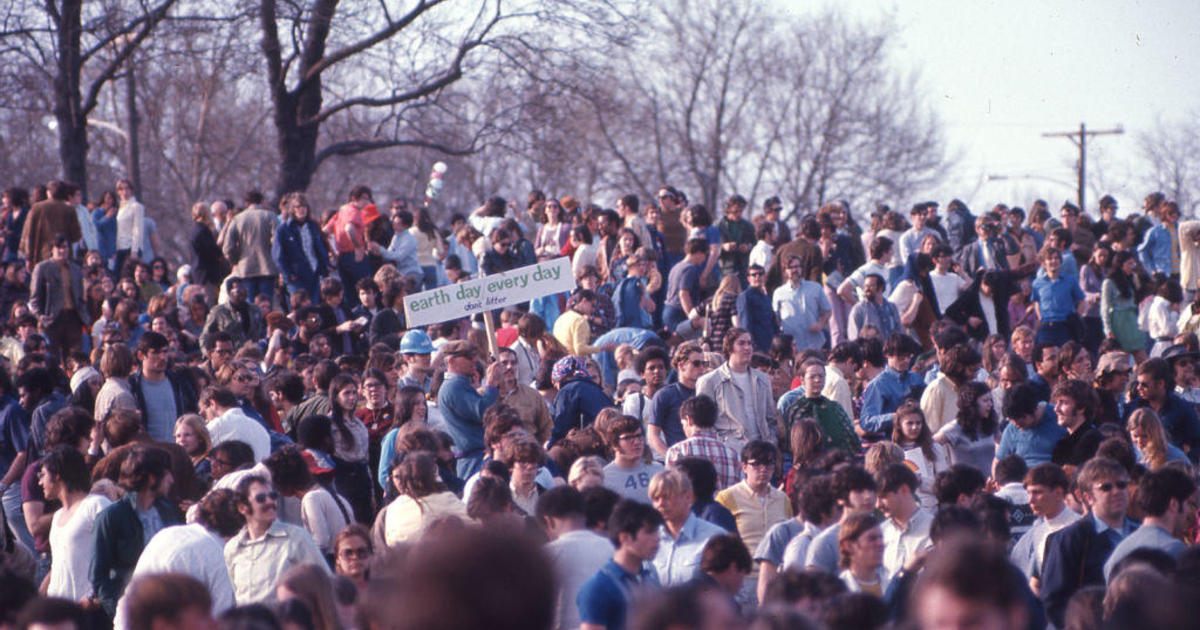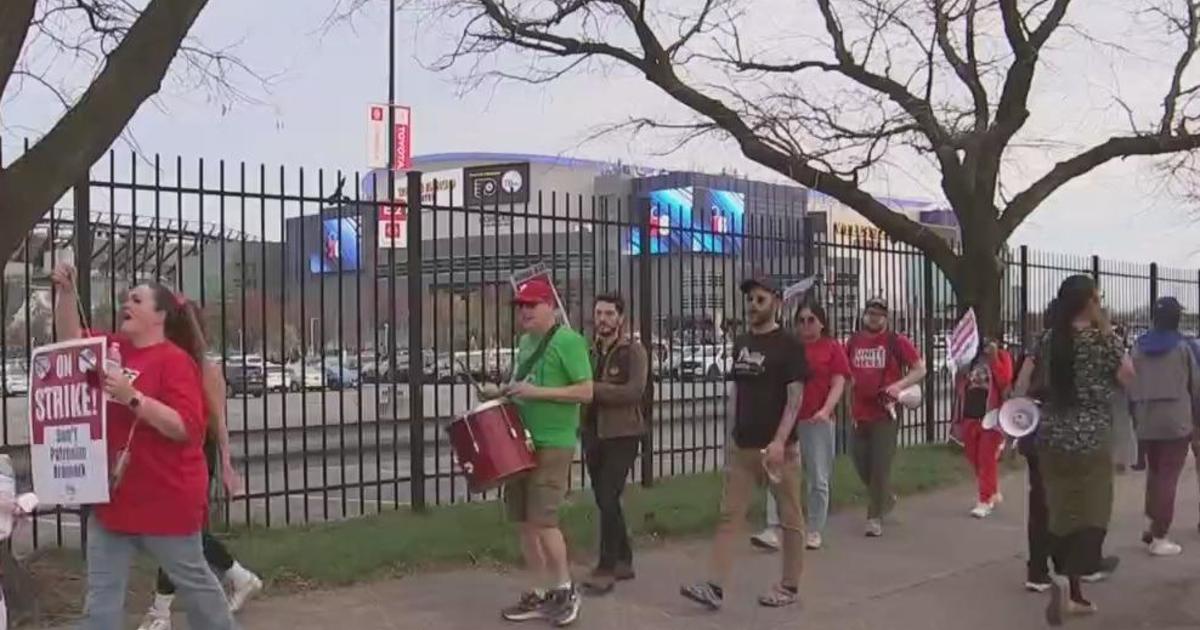Nation Marks 150th Anniversary Of 13th Amendment
By Cherri Gregg
PHILADELPHIA (CBS) - Today in 1863, Congress passed the 13th Amendment which, when ratified in 1865, officially outlawed slavery in the United States and all of its territories.
When the founders drafted the Constitution in 1787, they included several provisions that actually protected slavery. Article I, section 9 allowed importation of slaves for 20 years. And Article I, section 2 gave slaves a value: that of three-fifths of a man.
But the tides soon changed, and by 1810 seventy-five percent of the northern states were free. Then, in 1861, the Civil War began, with slavery at center stage.
"There were certainly many people who were fighting to maintain slavery," says Molefi Asante, who teaches African-American studies at Temple University. He is also the author of the book, The African American People. He says lawmakers realized a constitutional amendment was the only way to ensure slavery would die for good.
"France had reintroduced slavery in some of their colonies -- Martinique and Guadeloupe. These were places that had been free for some years," says Asante. "So, not wanting to repeat the situation where you simply end the civil war and then some states later on decide they want to reintroduce slavery, it was essential that the legislature would actually pass an amendment."
Asante says the 13th Amendment was a game changer for Africans in America. It ended slavery and opened the door to the 14th Amendment, which made Africans full citizens under the law in America, and the 15th Amendment, which gave black men the right to vote.
"The 13th Amendment was a powerful step," he says. "No amendment had been passed for 60 years, and when the 13th Amendment was passed, it actually was one of the (most) progressive things the United States had done."
He says even though President Lincoln's Emancipation Proclamation gets all the glory for ending slavery, it is the 13th Amendment that deserves all the credit.
"In the minds of people, Lincoln's emancipation was important," he says, "but it didn't really do anything. It basically threatened the states that were in rebellion against the United States."
Asante says even though it took another 100 years before African were truly treated as full citizens in Americans, the 13th Amendment remains one of the legislature's most significant accomplishments.



